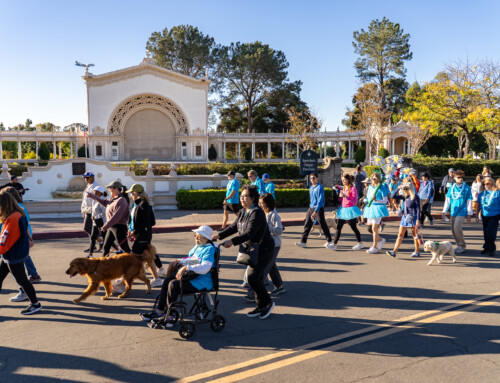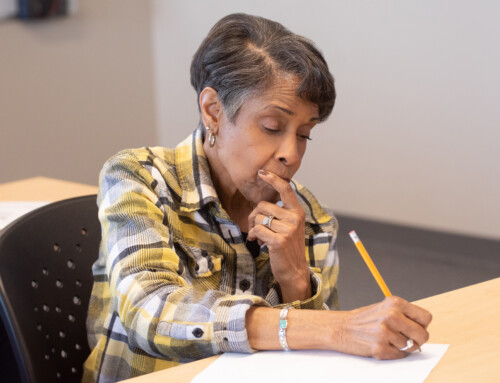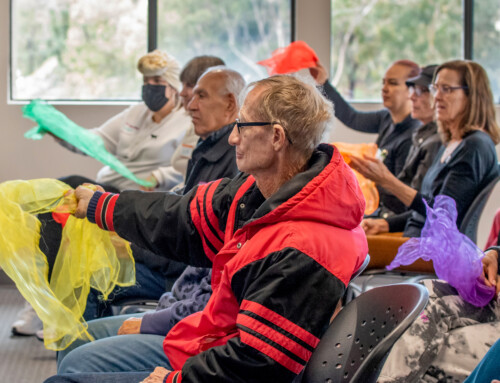
Over the first three parts of our communication series, we have looked at five strategies for improving our communication: intention, awareness, verbal communication, nonverbal communication, and active listening. In this fourth and final part of the series, we’ll look at how to implement and practice using communication strategies.
Each one of these strategies can take time to practice and implement on a regular basis. While this may seem overwhelming, the value in beginning to learn and utilize these skills can create improved quality of communication and effectiveness with every person you interact with.
How do I begin to practice using communication strategies when I have no extra time?
Although our to-do lists can be very long, and life can feel overwhelming, there are moments in our lives when we can shift our focus from an old thought to a new one. For example, if you find yourself worrying about an upcoming discussion, once you catch yourself worrying you can shift your focus to a positive way of preparing for that conversation. Focus on your intention and preparing for different responses. Become aware of how you are feeling and consider how you might change those feelings and/or reframe your thoughts. Think about the other person – what is their capacity for communication and understanding, what are their values, how can you watch their body language?
Just before you step into the room, check-in with yourself for nonverbal cues and when the conversation begins, practice being aware of your verbal communication. Begin to actively listen to yourself and the other person – listening with your eyes and ears, all your senses. It can be helpful to focus on your breathing; taking a breath before you respond can help save conversations from becoming arguments.
Other opportunities for practicing communication strategies.
Sometimes it is hard to practice communication strategies during the toughest conversations, so it is important to take advantage of every other opportunity you can. Practice with friends, family, or join a support group and practice with other care partners. Call us at 858.492.4400 and speak with one of our Clinical Care Coaches (Spanish speakers available) for practice and one-on-one help in responding to conversations and situations that can be challenging. Everything in life takes practice and we are here to help you experience ever-increasing success in your communication! Also check out our free education classes, social activities, & more.
Communication Series
PART 1: Ways to Improve Communication Skills
PART 2: Verbal and Non-Verbal Communication
PART 3: Using Active Listening to Improve Communication Skills
Sign up for our email newsletter or follow our social media pages for updates.
Written by Ellen Boucher, BSW





